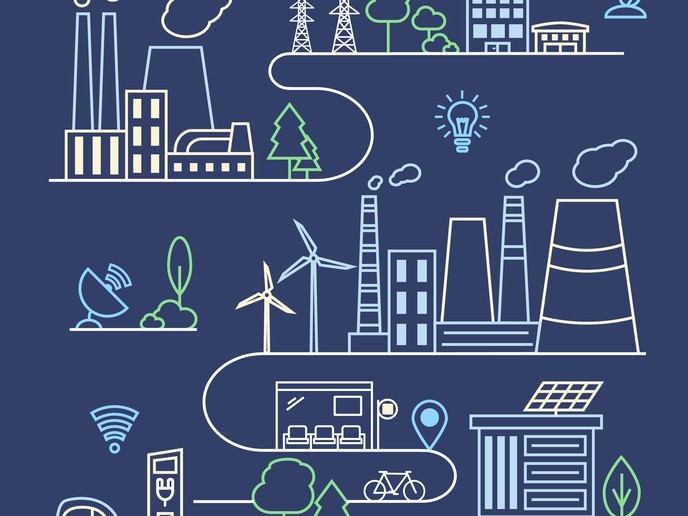Poland set on successful course for renewable and sustainable energy
The transition from fossil fuels to renewable and sustainable energy sources (RES) has become the EU’s top developmental priority, with low-performing Central European countries like Poland facing the most urgent need. The roll-out of intermediate renewable energy technologies has typically lagged well behind the rest of Europe, and the historical legacy of coal dependency makes the region one of the worst polluters in Europe. Many technological, economic, social, political and practical barriers remain in rolling out advanced RES. Knowledge transfer to benefit Poland’s energy sector Poland is directing efforts to address its unique challenges and develop a nationwide system for responsible energy production, use and management. “While Polish research has made tremendous advances and now has expertise in many of the RES technologies needed for energy transition, it lacks knowledge in modelling, planning, integrating and managing large-scale RES systems in a flexible and effective manner,” says Ewa Domke, coordinator of the EU-funded SuPREME(opens in new window) project. Focusing on needed knowledge transfer in integrating energy technologies, the Institute of Fluid-Flow Machinery Polish Academy of Sciences (IMP-PAN)(opens in new window), one of Poland’s most promising energy research centres, teamed up with Austria’s European Sustainable Energy Innovation Alliance (ESEIA), Denmark’s Aalborg University (AAU) and the Netherlands’ University of Twente (UT). IMP-PAN researchers lacked sufficient know-how to advise or be part of energy transition in Poland. Thanks to short- and long-term staff exchanges, technical site visits, training sessions, workshops and summer schools involving AAU, ESEIA and UT, IMP-PAN researchers have been able to model, design and test smart energy systems. Boosting IMP-PAN research capacity and personnel expertise IMP-PAN staff and leading international experts at AAU, ESEIA and UT made strides in developing a technical transition plan in line with EU and national guidelines and targets. This strategic document envisions how Poland could produce and consume different forms of sustainable energy in both local and regional systems. “Knowledge shared through the project has equipped IMP-PAN in becoming an influential voice in Poland’s transition from fossil fuels to renewables,” explains Domke. Before SuPREME, IMP-PAN wasn’t collaborating with any government agencies. “Researchers are invited to expert group meetings, so IMP-PAN’s voice is heard. Not only is this voice now heard in government, but in industry, too.” The strengthened networks have resulted in 4 cooperation agreements, 10 new project proposals and 21 international conference papers. IMP-PAN staff also helped set up a micro-energy cluster – a community that produces energy locally from renewable sources. IMP-PAN acts as the community’s expert advisor, helping to design the local grid and testing how new technologies will impact the national grid. IMP-PAN is currently assisting several leading car manufacturers to prepare for electric cars in Poland in the future. It’s doing so by testing charging points and brainstorming how they could be connected to the main power grid. “SuPREME created long-lasting and effective partnerships that will have a very significant impact on Poland’s energy systems infrastructure and climate footprint,” concludes Domke. “It has greatly improved the overall scientific and innovation potential of the IMP-PAN team in energy systems integration and management, and raised the profile of both researchers and the Institute.” Europe is now closer to realising its goal of becoming a green economy with lower carbon emissions.







